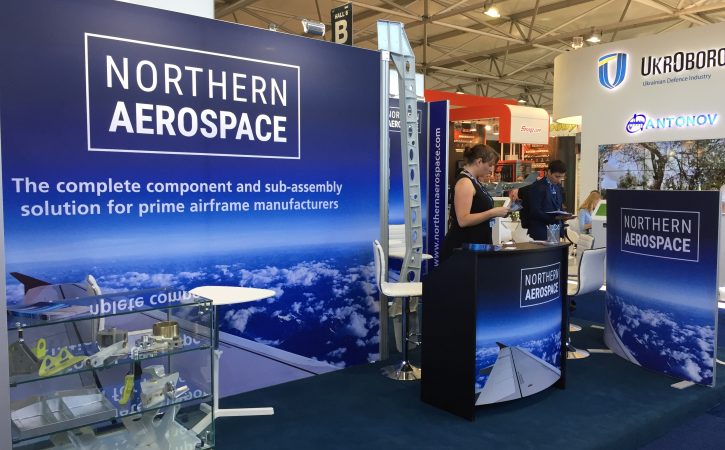Northern Aerospace
July 15, 2018 | Expert Insights
Background:
The first instance of UK-China trade was in the 1620s, English ships sailed to Macau which was leased by China to Portugal. In 1637, Four heavily armed ships arrived at Macao in an attempt to open trade between England and China. They were not backed by the East India Company, but rather by a private group led by Sir William Courteen, including King Charles I's personal interest of £10,000.
The United Kingdom and the anti-Communist Nationalist Chinese government were allies during World War II. Britain sought stability in China after the war to protect its more than £300 million in investments, much more than from the United States. It agreed in the Moscow Agreement of 1945 to not interfere in Chinese affairs but sympathised with the Nationalists, who until 1947 were winning the Chinese Civil War against the Communist Party of China.
The UK's relations with China are mired in history, from the first act of colonial meddling (in Chinese eyes at least) during the First Opium Wars of 1839, to the long negotiations over Hong Kong and its reversion to Chinese sovereignty from British rule in 1997.
When British leaders speak about human rights, Tibet, Taiwan or issues in Hong Kong, they always arouse particularly passionate responses from their Chinese counterparts. In 2012, when David Cameron met the Dalai Lama in London, he was in effect barred from Beijing for over a year.
The UK was among the first European economies to embrace the China-initiated Asian Infrastructure Investment Bank (AIIB) earlier in 2015, earning it a sharp rebuke from its ostensibly most important diplomatic ally, the US.
The UK acts as an intellectual partner of China. They have attempted to build a new kind of economic structure and deal with some of its huge environmental and sustainability issues.
Analysis:
As the British government promotes international trade and investment with China, tension in Hong Kong is one of many issues coming into sharper focus. However, the UK boasts the sort of links with the Party-State that have recently fallen under intense scrutiny in Chinese influence debates around the world.
Earlier this year, Better Capital announced it was to sell the entire issued share capital of Northern Aerospace to Gardner Aerospace Holdings, which itself is a subsidiary of China’s Shaanxi Ligeance Mineral Resources Company. The announcement saw the UK’s Secretary of State for Business, Energy and Industrial Strategy intervene following discussions with the UK Defence Secretary, Gavin Williamson.
The UK firm makes systems and wing parts for RAF and US Air Force planes, including the Eurofighter Typhoon and jumbo C-17 transport jet, as well as a range of unmanned drones.
As well as using them to improve their own jets, Beijing generals could exploit the knowledge to put US and British pilots at greater risk of being shot down. A senior government source told The Sun: “Northern Aerospace Limited’s back catalogue is a veritable treasure chest to Beijing, so its sale to a Chinese owned firm flashed up a lot of red lights
The UK’s role as an intellectual partner of China is a new one, and one of the few where it can be liberated from the shadow of its historic issues with the People's Republic. However, along with this willingness to trade runs simultaneously a hard core of self-interested pragmatism on the side of the UK.
Assessment:
Our assessment is that Britain may be forced to ask difficult questions about the nature of its relationship with China. Will it tolerate increasing Party-State influence inside its borders – and can it afford not to? We believe that the UK wants stronger economic links with China. However, we feel that it is unlikely that they are worth jettisoning its strong security relations with the US, allies in the EU, and elsewhere.


